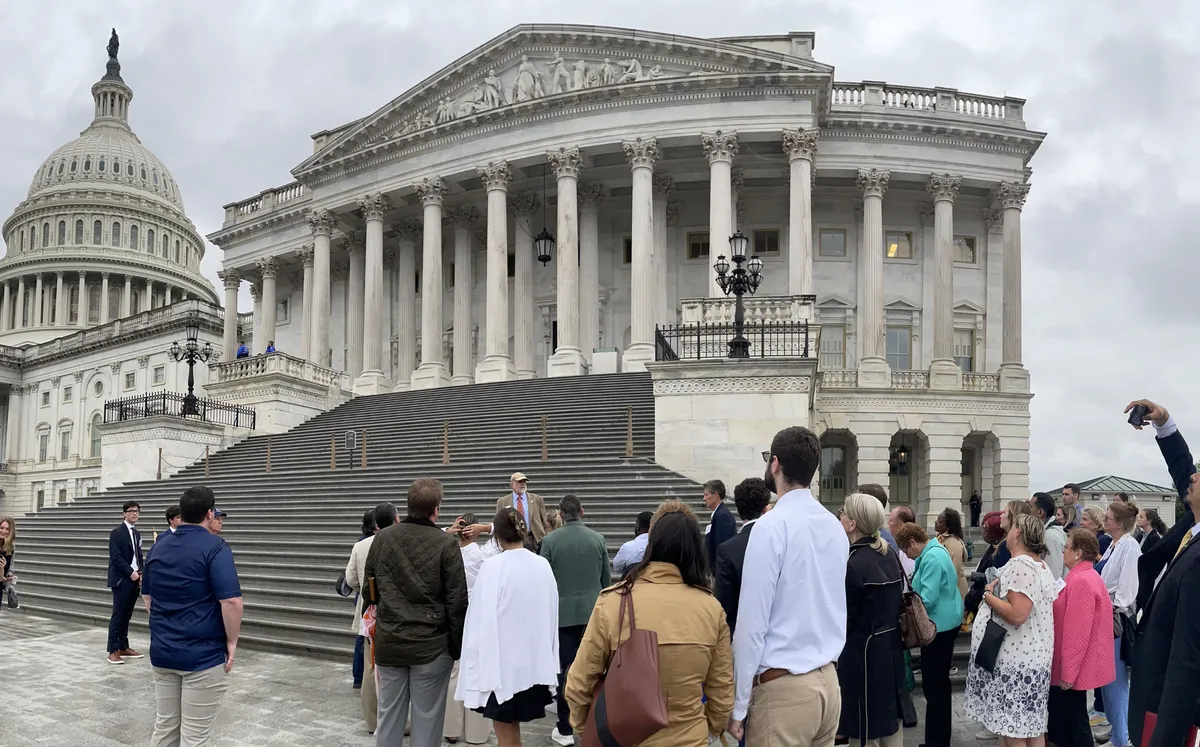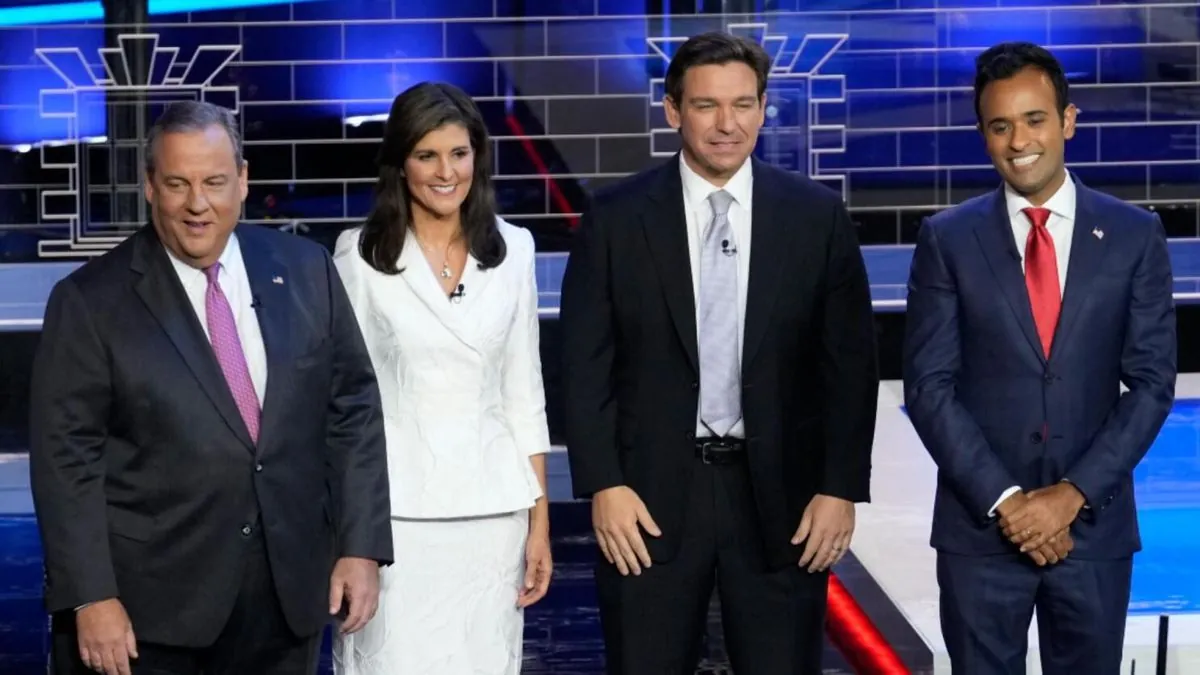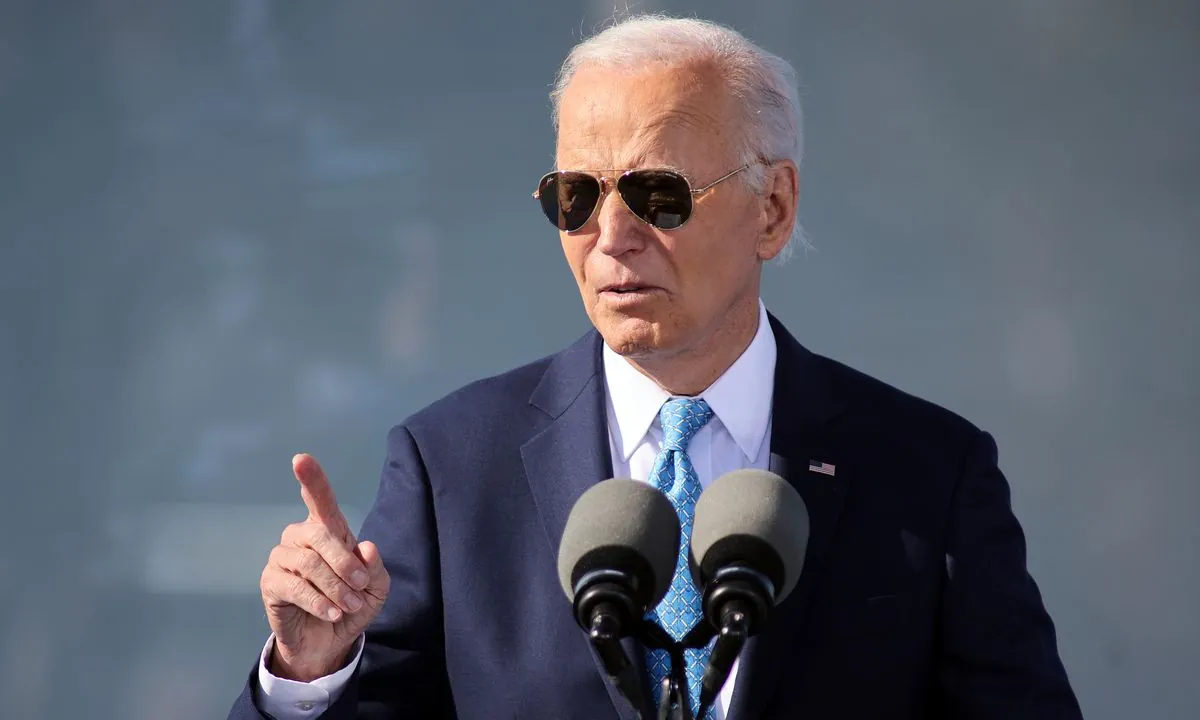U.S. Congress Faces Funding Deadline Amid Republican Discord
Congress reconvenes to address temporary funding legislation with a looming September 30 deadline. Republican disagreements and potential government shutdown consequences highlight the need for bipartisan solutions.

As the U.S. Congress reconvenes, legislators face a critical challenge: securing temporary funding for federal programs with only 15 days remaining before the fiscal year ends. The deadline, set for September 30, 2024, looms large as both chambers grapple with the complexities of passing a stopgap spending bill.
The bicameral nature of the U.S. Congress, consisting of the Senate and the House of Representatives, adds an additional layer of complexity to the negotiations. The Democratic-controlled Senate and the Republican-led House must find common ground to avoid a government shutdown, which could have far-reaching consequences.
Mike Johnson, the Speaker of the House, encountered significant obstacles last week when attempting to pass a spending bill. The lack of support from his fellow Republicans highlighted the internal divisions within the party. This struggle underscores the challenges faced by leadership in a narrowly divided Congress, where the current 118th session began on January 3, 2023, and will conclude on January 3, 2025.
The disagreements among Republicans were evident in a recent television interview, where Representatives Bryan Steil and Cory Mills presented conflicting views on the proposed legislation. Mills expressed opposition to the leadership's bill, citing concerns about military funding and border security. This internal discord reflects the broader challenges in reaching a consensus within the party.

"Shut the government down or shut the border down to protect our elections."
It's important to note that non-citizen voting in federal elections has been illegal in the U.S. since 1996, making some of the proposed measures redundant.
The potential consequences of a government shutdown are significant. It could affect various sectors, including air travel regulated by the Federal Aviation Administration (FAA), which was established in 1958. National parks, covering over 85 million acres across 423 individual units, might face closure. Additionally, many of the over 2 million civilian government employees could be furloughed.
Historical context provides insight into the current situation. The last government shutdown occurred from late 2018 to early 2019, lasting 35 days and becoming the longest in U.S. history. This precedent underscores the importance of finding a timely resolution to the current funding impasse.
The use of continuing resolutions as temporary funding measures has become a common practice to prevent government shutdowns. However, these short-term solutions often fail to address long-term budgetary needs and can create uncertainty for federal agencies and programs.
As the deadline approaches, the need for bipartisan cooperation becomes increasingly apparent. The U.S. Constitution requires that all spending bills originate in the House of Representatives, placing additional pressure on that chamber to initiate a viable solution. The modern congressional budget process, established by the Congressional Budget Act of 1974, provides a framework for these negotiations, but political divisions often complicate the process.
With the November 5, 2024, presidential and congressional elections on the horizon, the outcome of this funding debate could have significant political implications. As both parties navigate this complex landscape, the American public watches closely, hoping for a resolution that ensures the continued operation of essential government services.


































